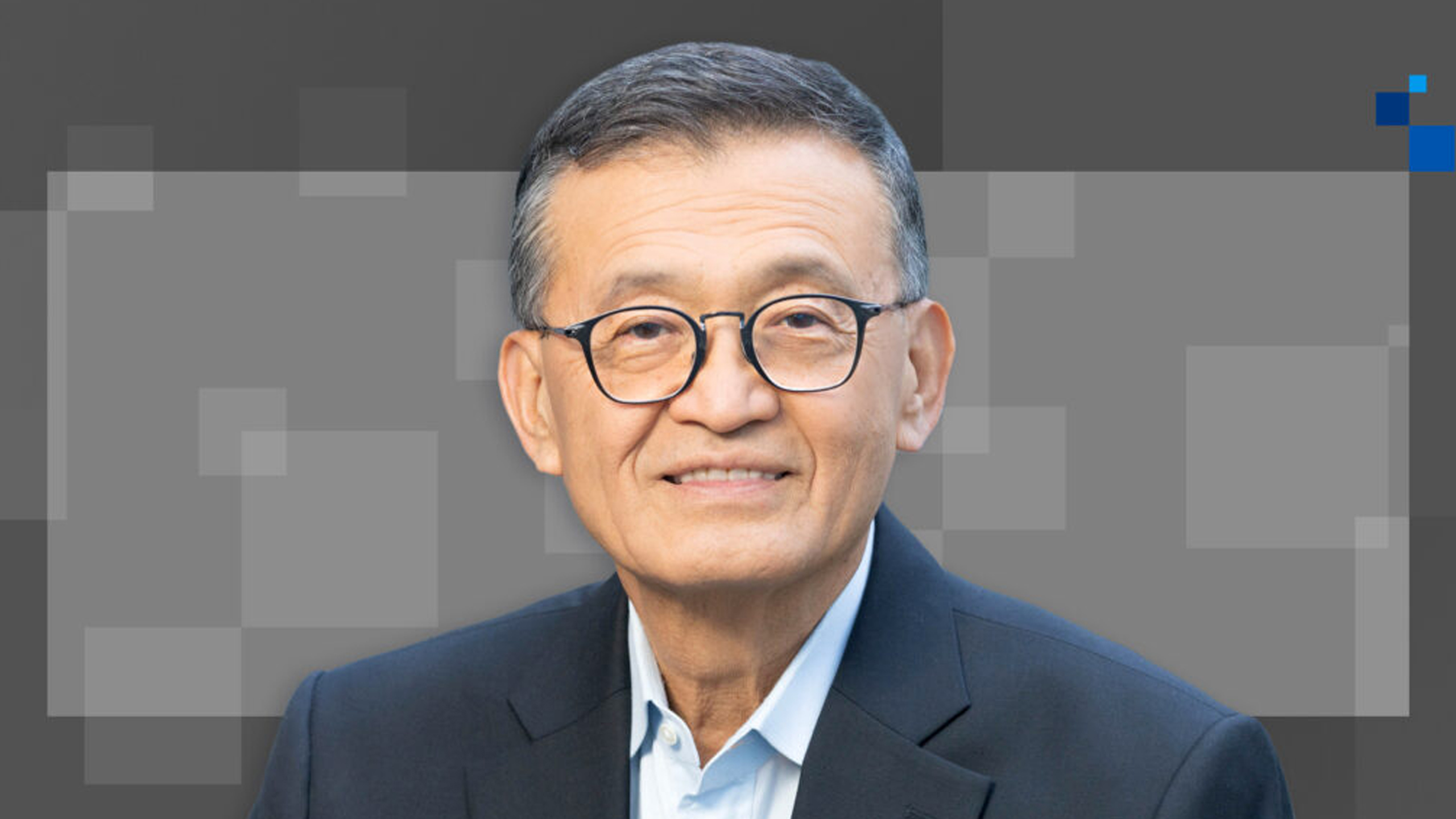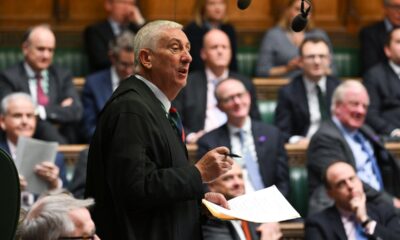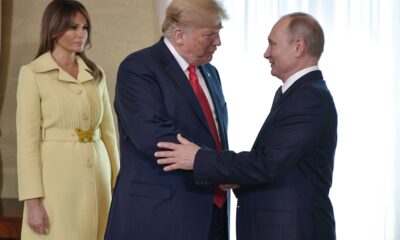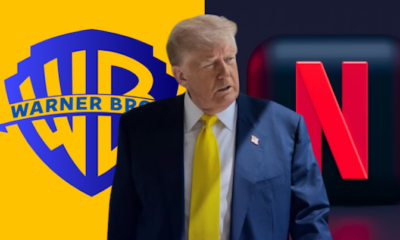Top Stories
Trump Calls for Intel CEO Lip-Bu Tan’s Resignation Amid Controversy

President Donald Trump has prompted a significant political and corporate controversy by demanding the resignation of Intel‘s newly appointed CEO, Lip-Bu Tan. This demand arises from concerns regarding Tan’s past business dealings in China, which reportedly include connections to the Chinese military. In a post on his social media platform, Truth Social, Trump stated, “The CEO of INTEL is highly CONFLICTED and must resign, immediately. There is no other solution to this problem.”
Following Trump’s declaration, Intel’s stock experienced a decline, falling by 2.7% to $19.86 in premarket trading, reflecting investor unease regarding the unfolding situation. Tan, who officially took the helm as CEO in March 2025, was initially brought on board to lead Intel’s revival after a challenging period characterized by declining sales and sluggish innovation under his predecessor, Pat Gelsinger.
Concerns regarding Tan’s ties to Chinese technology firms have intensified. Tom Cotton, a Republican Senator from Arkansas, raised alarms in a formal letter earlier this week, questioning Tan’s connections to companies with reported links to the Chinese government. Cotton’s letter referenced an ongoing criminal investigation involving Tan’s former employer, Cadence Design Systems, where he served as CEO until 2021. He expressed apprehension over potential implications for national security.
In his letter, Cotton specifically inquired whether Intel’s board was aware of subpoenas issued to Cadence during Tan’s tenure and if Tan was required to divest his investments in Chinese firms before taking the CEO position. He emphasized the necessity for companies that receive government grants to adhere to strict security regulations, stating, “Mr. Tan’s associations raise questions about Intel’s ability to fulfill these obligations. In the interest of transparency and national security, I respectfully request a response to the following questions by August 15, 2025.”
A report by The Times of India highlighted Tan’s investments in various Chinese firms, some of which allegedly have military ties through either direct involvement or venture funds. The scrutiny comes at a challenging time for Intel, which, despite surpassing revenue forecasts in the second quarter, has announced substantial cost-cutting measures. These measures include workforce reductions, flattening management layers, and scaling back capital expenditures.
Intel’s plans to establish new manufacturing facilities in Germany and Poland have been postponed, while operations in Vietnam and Malaysia are undergoing consolidation. Furthermore, Tan confirmed a delay in the anticipated construction of a chip factory in Ohio as part of the company’s broader internal overhaul strategy.
As Intel navigates this political pressure alongside its technological transformation, the company faces a critical juncture. The implications of Trump’s call for Tan’s resignation and Cotton’s inquiries pose significant challenges for Intel as it strives to maintain its reputation as a secure and trustworthy entity within the American semiconductor industry. How the board and Tan respond to these mounting pressures will play a pivotal role in shaping the company’s future amidst a politically charged landscape.
-

 World3 days ago
World3 days agoCoronation Street’s Shocking Murder Twist Reveals Family Secrets
-

 Entertainment4 months ago
Entertainment4 months agoKate Garraway Sells £2 Million Home Amid Financial Struggles
-

 Entertainment3 months ago
Entertainment3 months agoAnn Ming Reflects on ITV’s ‘I Fought the Law’ Drama
-

 Health3 months ago
Health3 months agoKatie Price Faces New Health Concerns After Cancer Symptoms Resurface
-

 Entertainment3 weeks ago
Entertainment3 weeks agoCoronation Street Fans React as Todd Faces Heartbreaking Choice
-

 World4 weeks ago
World4 weeks agoBailey Announces Heartbreaking Split from Rebecca After Reunion
-

 Entertainment6 days ago
Entertainment6 days agoTwo Stars Evicted from I’m A Celebrity Just Days Before Finale
-

 World6 days ago
World6 days agoKevin Sinfield Exceeds Fundraising Goal Ahead of Final Marathons
-

 Entertainment3 months ago
Entertainment3 months agoCoronation Street’s Carl Webster Faces Trouble with New Affairs
-

 Entertainment3 months ago
Entertainment3 months agoWhere is Tinder Swindler Simon Leviev? Latest Updates Revealed
-

 Entertainment4 months ago
Entertainment4 months agoMarkiplier Addresses AI Controversy During Livestream Response
-

 Science2 months ago
Science2 months agoBrian Cox Addresses Claims of Alien Probe in 3I/ATLAS Discovery





















